In the past few years we saw a drastic price drop in photovoltaic solar panels(PV). This was mostly because of production improvements seen in the last few years making it cheap and affordable to produce.
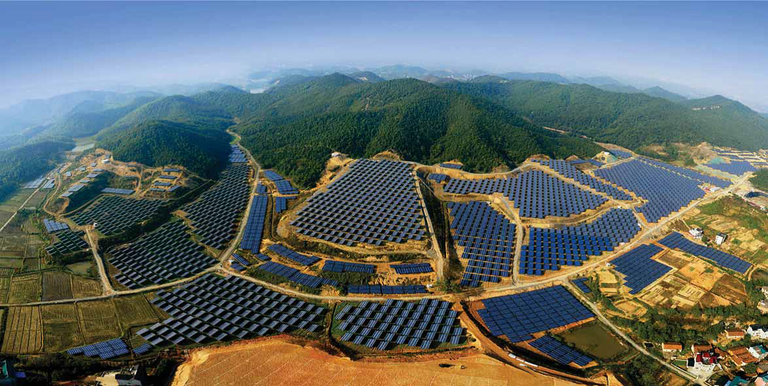
2018 could be the year of solar energy. The global solar prices are better than ever.
Production costs are down and efficiency is up.
Consumers and businesses across the globe have started to use solar energy as a mainstream source of reliable power production.
Solar has become the cheapest way to produce power competing with coal and nuclear power.
Last year we got to see the world’s lowest-ever bid for the first solar power project in Saudi Arabia. Masdar and its French partner EDF submitted the lowest offer for the project at 1.79 US cents per kilowatt hour (kWh). It was sustainable for them to produce solar energy at such a low price.
In the coming years we can only see this price go down as more projects are proposed and mre people start to install PV systems on their rooftops.
PVs are performing way better than expected even in places where it was thought it'll be pretty much useless. for example in rainy western oregon or in extreme northern regions of the globe where sunlight is extremely low.
By the end of 2016 the cumulative PV capacity reached to 306GW, Which was sufficient to supply 1.8% of the world's energy consumption.
down below you can see the total PV installed capacity in 2016
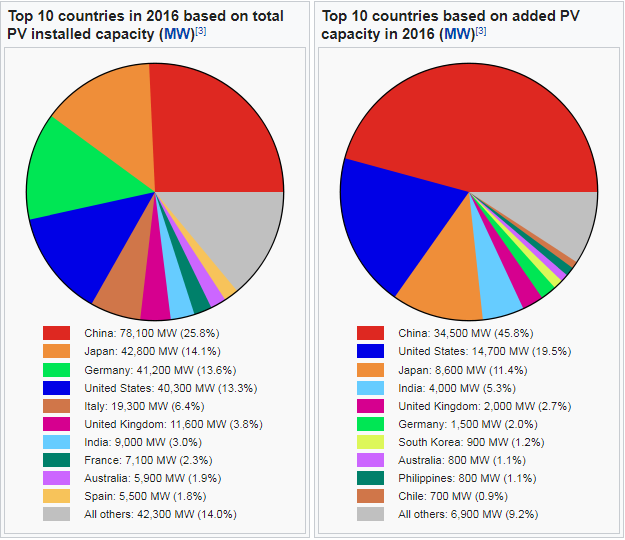
Let's Talk About China
China has led the way in 2016 and even in 2017.
The same can be seen in 2018. China became the first country in the world to have more than 100GW of cumulative PV installed. The goal set by the Chinese authorities of 105GW solar capacity for the year 2020 got passed in July 2017 as it has reached 112GW.
China also installed 43GW of PV in the first nine months of 2017. That's a lot of PV panels guys.
The country seems to be focused in changing its ways. Most of the energy production of china comes from coal plants and we have seen extreme amounts of air pollution in Beijing.
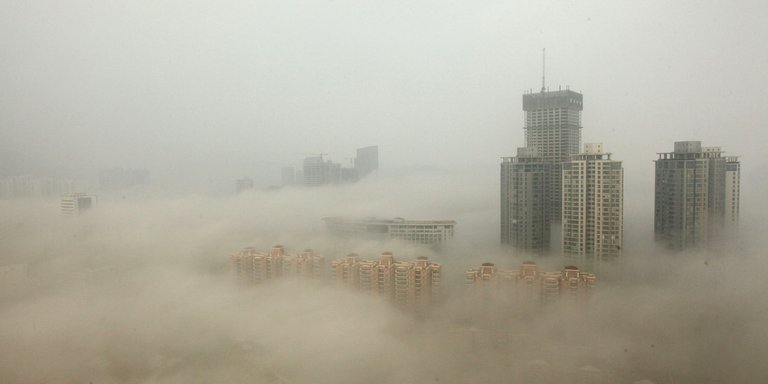
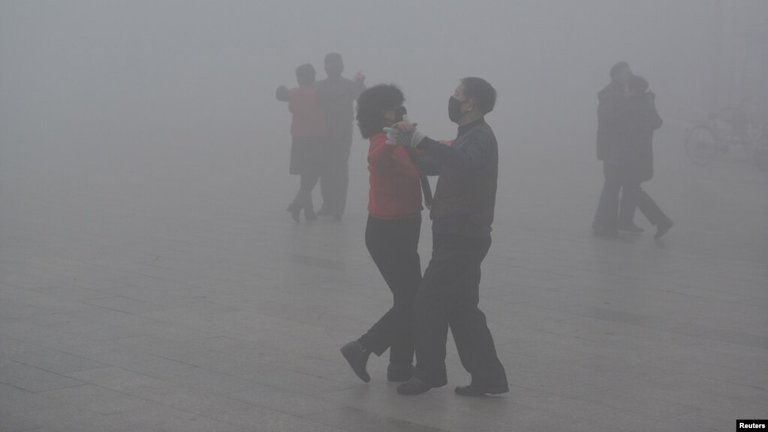
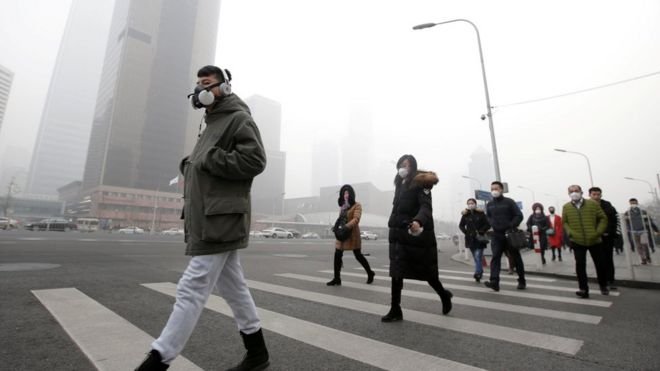
We saw last year the city being shutdown because of the amount of smog in the air.
India's Delhi seems to be facing the same issue in the past year.
These effects will only grow as we burn more fossil fuels to meet our energy demands that only seem to be growing day by day.
All in all this cycle needs to end. The best thing right now seems to be large scale solar and wind energy plants, With that we are also seeing new technologies emerge like electricity harvested from ocean currents and massive off shore wind farms.
The future can be bright if we all take action and do whatever we can to fight the causes of air pollution.
Hope we can solve these issues before we wipe ourselves off the planet or before more of us die because of smog.
No would want to turn their city's atmosphere like the pictures we see above. We are already causing irreversible environmental impact to the planet. We might end up making a very dystopian future for ourselves by changing as solwy as we are changing now. Melting the ice caps and wiping many species off the planet.

What do you think about these issues?
What do you think can be done to fight these effects?
Congratulations! This post has been upvoted from the communal account, @minnowsupport, by varun paherwar from the Minnow Support Project. It's a witness project run by aggroed, ausbitbank, teamsteem, theprophet0, someguy123, neoxian, followbtcnews, and netuoso. The goal is to help Steemit grow by supporting Minnows. Please find us at the Peace, Abundance, and Liberty Network (PALnet) Discord Channel. It's a completely public and open space to all members of the Steemit community who voluntarily choose to be there.
If you would like to delegate to the Minnow Support Project you can do so by clicking on the following links: 50SP, 100SP, 250SP, 500SP, 1000SP, 5000SP.
Be sure to leave at least 50SP undelegated on your account.
Interesting data - thanks. Perhaps you could say that 2018 is the year of solar, but the cost reduction is balanced against a tougher policy environment. Taking Europe as an example, in lots of markets the challenge is now to develop subsidy-free projects. There are some great pioneering examples, and corporate Power Purchase Agreements (PPAs) are helpful, but it certainly takes effort and fresh thinking to make it stack up.
My guess is that 2018 will be the year of batteries! :)